36 linguists attend two-week training on language documentation, revitalisation
Mysore/Mysuru: A two-week training programme on language documentation was inaugurated at the Central Institute of Indian Languages (CIIL) on Hunsur Road in the city this morning. Over 36 linguists from across India are attending the training programme.
Former Professor of Linguistics, Jawaharlal Nehru University, New Delhi Padma Shri Prof. Anvita Abbi inaugurated the programme in the presence of CIIL Director Prof. Shailendra Mohan, Deputy Director Prof. Umarani Pappuswamy and officer in-charge SPPEL (Scheme for Protection and Preservation of Endangered Languages), CIIL, and Programme Co-ordinator Dr. Sujoy Sarkar.
In her inaugural remarks, Prof. Anvita Abbi said that language documentation is a process during which documentary linguistics in general aims to record as much data and information as possible about how a given language community uses their language. It is also about making a record (video, audio, textual) on language usage in a wide variety of settings such as everyday conversation, ritual language and songs composed, or dances performed by language users.
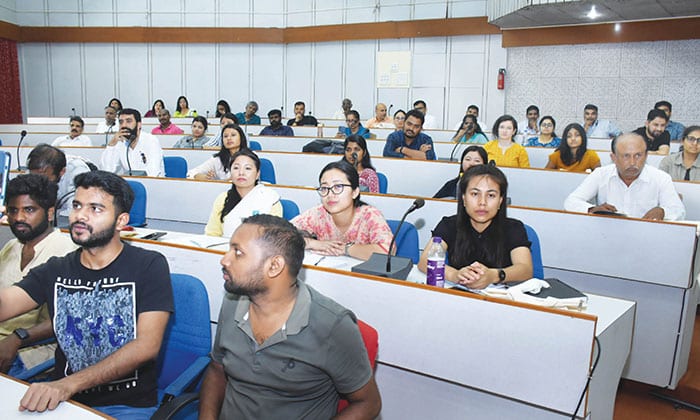
How language saved lives
When the tsunami struck the shores of the Andaman and Nicobar Islands on Dec. 26, 2004, the Andamanese tribes were fishing by the sea. They all saved themselves while India lost more than 7,000 lives just in Andaman and Nicobar. Shouting slogans like ‘the sea has turned upside down’ ‘the land has become water’ they saved themselves. The indigenous knowledge locked in the indigenous language saved the communities. Such is the power of language as it connects everything, she said.
Language documentation is a fairly new field within linguistics and requires a more complex range of skills and knowledge than traditionally included in training programs in linguistics, she said.
“In addition to mastering recording techniques, language documentation involves data management, computer-assisted various programs to record and retrieve information, communications technologies, ethnography, skill of dealing with unwritten languages, and lately linguists had been promoting drawing the community into the act of documentation,” Prof. Anvita Abbi added.
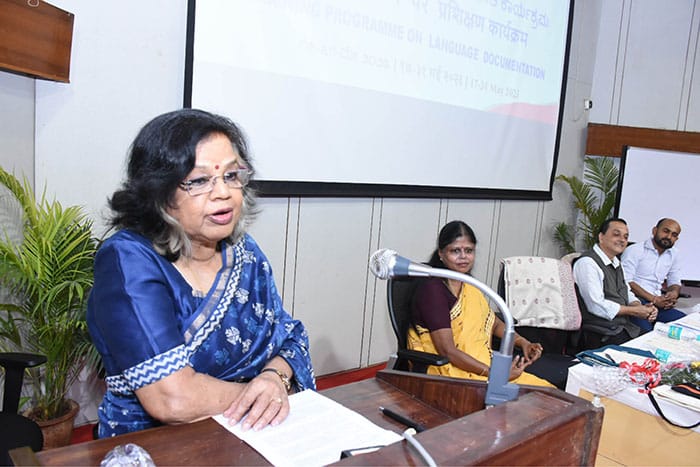
Revival of dying languages
Modern technologies have helped language elicitation, analysis, dissemination over a wide network, and archiving for permanency. Language documentation has been influenced and assisted by the development of powerful software tools that enable and support data manipulation and analysis.
The CIIL has taken upon itself a challenging task of documenting those languages that are considered endangered to sustain them and as well as to make it possible for their revival. The SPPEL team wants to draw youth of this country in this mammoth task as it is only, they who can help the CIIL achieve this goal, she added.
“Sincere documentation will give you a chance to investigate the past glory of a society, with its full energy and understanding of the world. After the whole exercise of documenting a language, you are a changed person, enhanced by rare knowledge of human survival and sustenance and sensitive to marginalised communities,” Prof. Anvita Abbi said.
Social development
In his presidential remarks, Prof. Shailendra Mohan said that India has 22 scheduled languages and around 100 non-scheduled languages spoken by well over 1 billion people.
“There are 121 languages and 270 mother tongues that are spoken by more than 10,000 people. There are many languages which are spoken by less than 10,000 people,” he noted.
“There is an urgent need to document, describe, prepare dictionaries, grammar and other teaching and learning resources for the development of these languages. It is often said to develop a language is to develop a society,” he said.
Each mother tongue is a cognitive and cultural resource and we need to nurture linguistic diversity to nurture the society. “It is our personal, social and national responsibility and therefore we must develop these languages to unlock the highest potential of human beings. At CIIL, we believe that it is our responsibility as an institute to project a view that language is not a barrier but language is facilitator of developing the highest potential of human beings,” Prof. Shailendra Mohan added.
Prof. Umarani Pappuswamy explained the nature of language documentation and said that the process involved language vitality assessment, endangered languages and grammar writing, dictionary-making and language revitalisation. “Training will be given on a variety of topics like grammar writing, dictionary making, documenting oral traditions, exploiting linguistic typological tools, use of technology etc., There are 18 resources persons covering a wide range of topics,” she added.



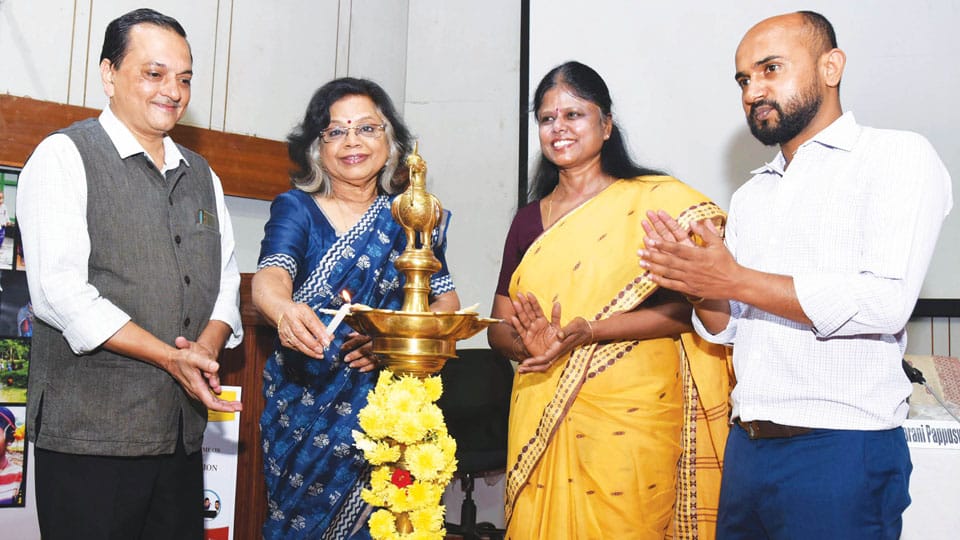
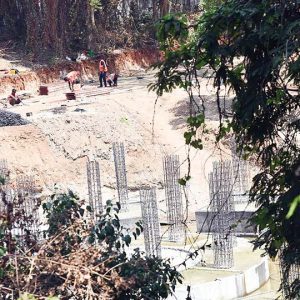

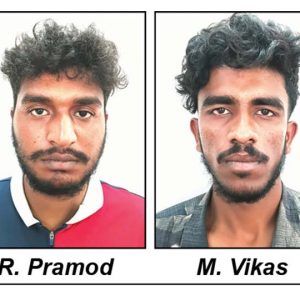
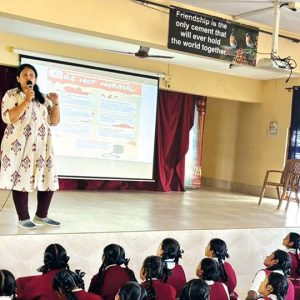
Recent Comments